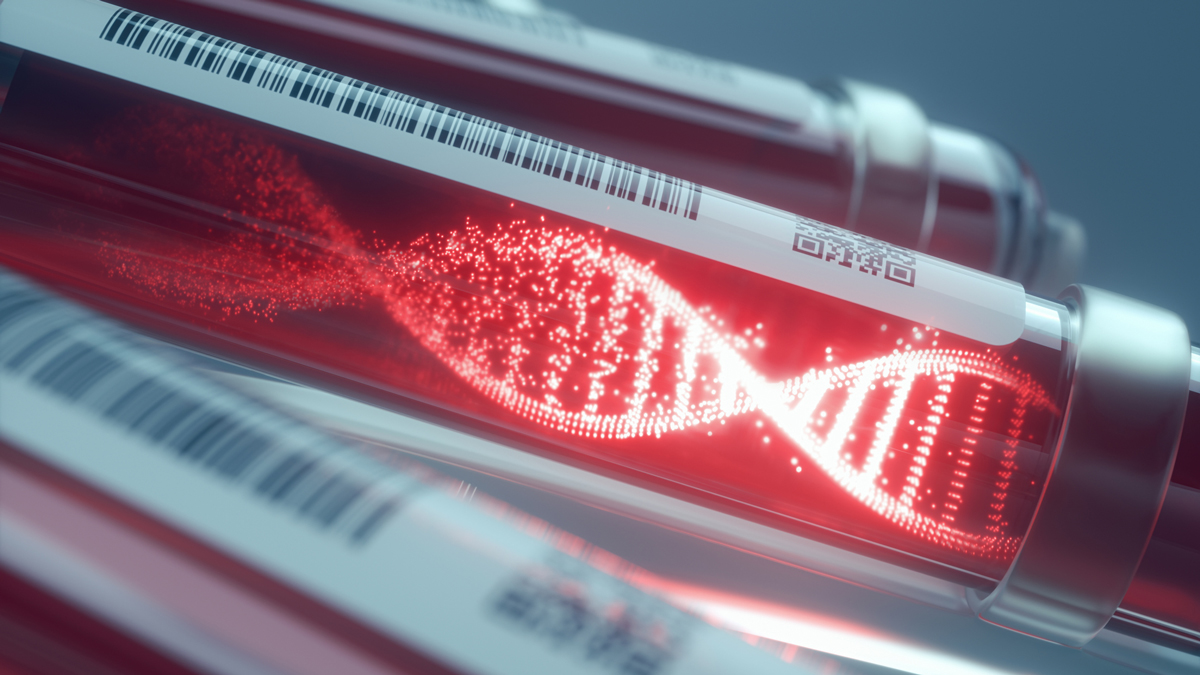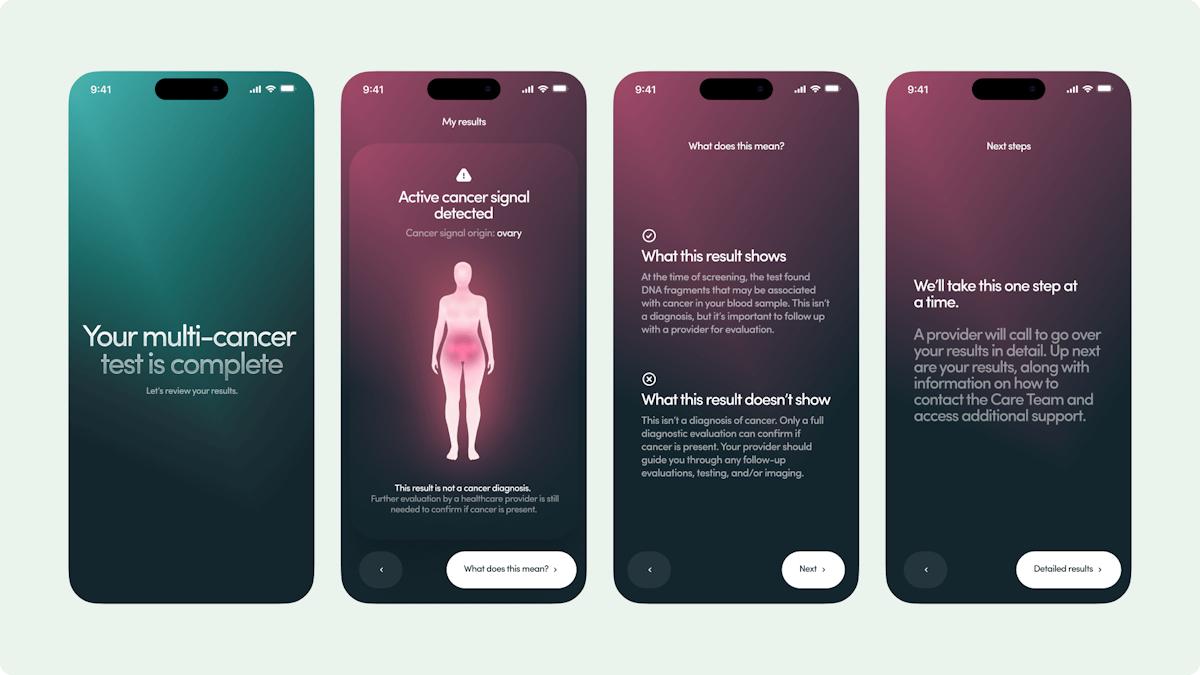ASCO: Grail’s cancer blood test ‘promising’ in UK trial

Researchers in the UK say Grail’s blood test for more than 50 different types of cancer has shown promise in a trial involving thousands of people with suspected cancer symptoms.
A blood test that could detect cancer with high accuracy – and rule it out – would be an alternative to invasive procedures like tissue biopsies and would provide a big benefit to patients, who could get treatment earlier with a higher chance of success.
The team at Oxford University found that the Galleri multi-cancer early detection (MCED) test detected a cancer signal in 323 people presenting at a GP with suspected symptoms, 244 of whom subsequently had cancer diagnosed, giving a positive predictive accuracy of 75% in the 6,238-patient SYMPLIFY trial.
The test was able to rule out cancer with around 98% predictive efficacy – meaning around 2% of patients with a negative result actually had cancer, and overall the test correctly revealed cancer 66% of the time. The accuracy was highly dependent on the stage of the cancer, with accuracy down at 24% for very early-stage tumours and up to 95% for advanced disease.
Galleri works by detecting chemical changes in fragments of cell-free DNA (cfDNA) that leak from tumours into the bloodstream.
According to co-lead investigator Prof Brian Nicholson, the findings suggest that MCEDs can play a role “to confirm that symptomatic patients should be evaluated for cancer before pursuing other diagnoses.”
“Most patients diagnosed with cancer first see a primary care physician for the investigation of symptoms suggestive of cancer, like weight loss, anaemia, or abdominal pain, which can be complex as there are multiple potential causes,” he said.
“New tools that can both expedite cancer diagnosis and potentially avoid invasive and costly investigations are needed to more accurately triage patients who present with non-specific cancer symptoms.”
The accuracy of the test isn’t at a level to rule cancer in or out, according to co-lead investigator Prof Mark Middleton, who told the BBC that it nevertheless generated useful information – for example, it was 85% accurate in detecting the source of the cancer and could inform the next steps towards getting a definitive diagnosis.
The results of the trial will be presented at the ASCO cancer congress tomorrow, and simultaneously published in The Lancet Oncology journal.
The SYMPLIFY trial is one of two large-scale community trials of the Galleri test being carried out in the UK, along with the NHS-Galleri study, which is evaluating it in up to 140,000 subjects and due to generate results sometime later this year.
Grail is one of a string of biotechs focusing on MCED tests for cancer, sometimes called ‘liquid biopsies’, with rivals including Labcorp, Angle, Guardant Health, Thrive, Foundation Medicine and Epic Sciences.
The company was originally part of gene-sequencing giant Illumina before being spun out several years ago, and then subsequently re-acquired by its former parent. That merger has been challenged by antitrust regulators concerned that Illumina has gained an unfair position in the market, and is under threat of being dismantled.
According to Grail’s Europe president Harpal Kumar, the new data back up the results of its earlier PATHFINDER trial of Galleri, which found that adding the test to standard screening more than doubled the number of cancers detected.
“The SYMPLIFY data confirm the potential benefit of methylation-based MCED blood tests as a diagnostic aid for use in the symptomatic patient population,” he said. “These exciting results will inform our development of an optimised classifier for use in symptomatic patients with a suspicion of cancer.”













